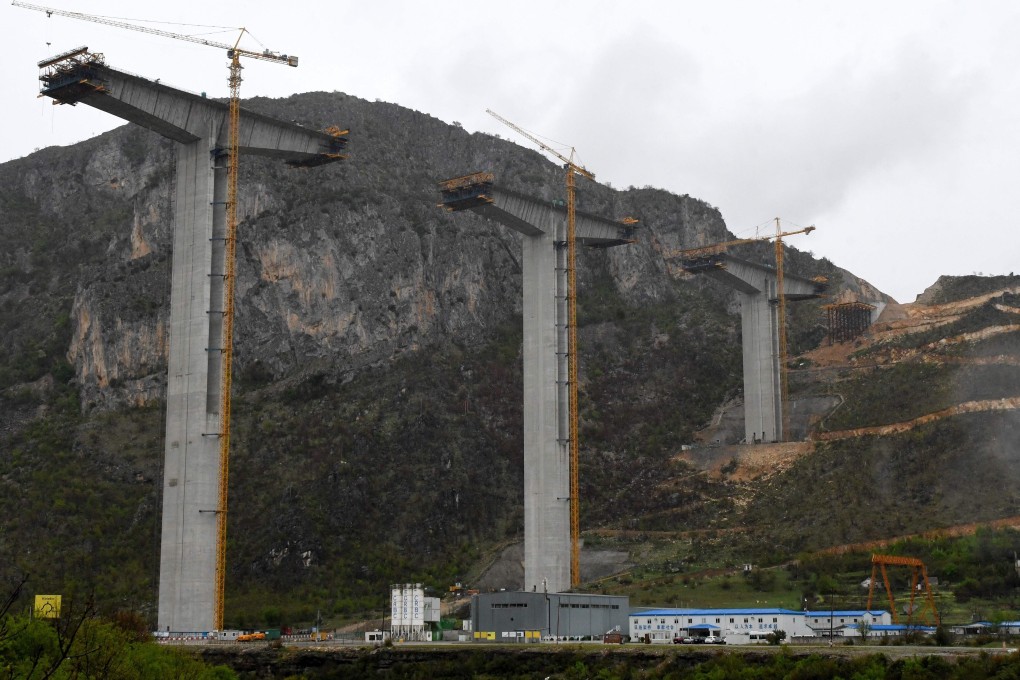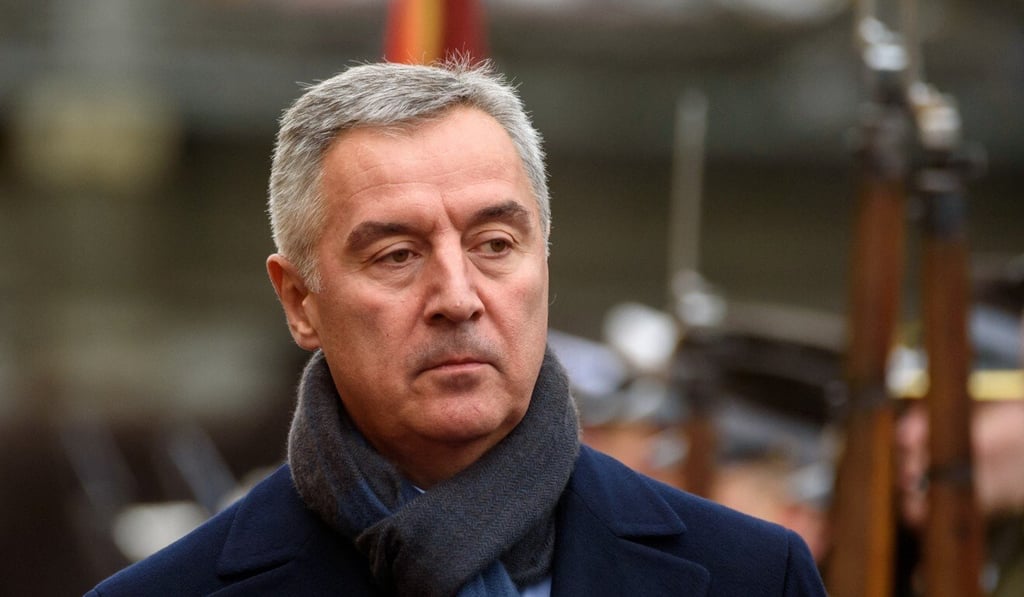Advertisement
China pins hopes on Balkans as gateway to Europe but faces growing scepticism
- Beijing sees the region as a gateway to the EU, but the eagerness for Chinese cash is tempered by growing caution about whether it can fulfil its promises
- A number of government leaders stayed away from the latest ‘17+1’ summit with President Xi Jinping
Reading Time:3 minutes
Why you can trust SCMP
13

Laura Zhouin Beijing
Days before a summit between Chinese President Xi Jinping and 17 countries in Central and Eastern Europe earlier this month, nearly 90 Chinese investors gathered in a grand ballroom in a Beijing hotel to listen to an appeal from President Milo Djukanovic of Montenegro.
“If there is no skill in planning, it is difficult to achieve, and if there is no skill in planning, it will fail,” Djukanovic said, quoting the ancient Chinese military strategist Sun Tzu.
He told the event that the country of around 680,000 people welcomed Chinese investment in its tourism, energy and transport sectors.
Advertisement
He continued the pitch by saying: “China and Montenegro should better understand the challenges to the global economy and jointly look for a proper solution.”
Montenegro is one of the small Balkan countries looking for Chinese investment to repair their sluggish economies after Covid-19 despite increasing doubts about whether Beijing can fulfil its promises, observers say.
Advertisement

Advertisement
Select Voice
Choose your listening speed
Get through articles 2x faster
1.25x
250 WPM
Slow
Average
Fast
1.25x